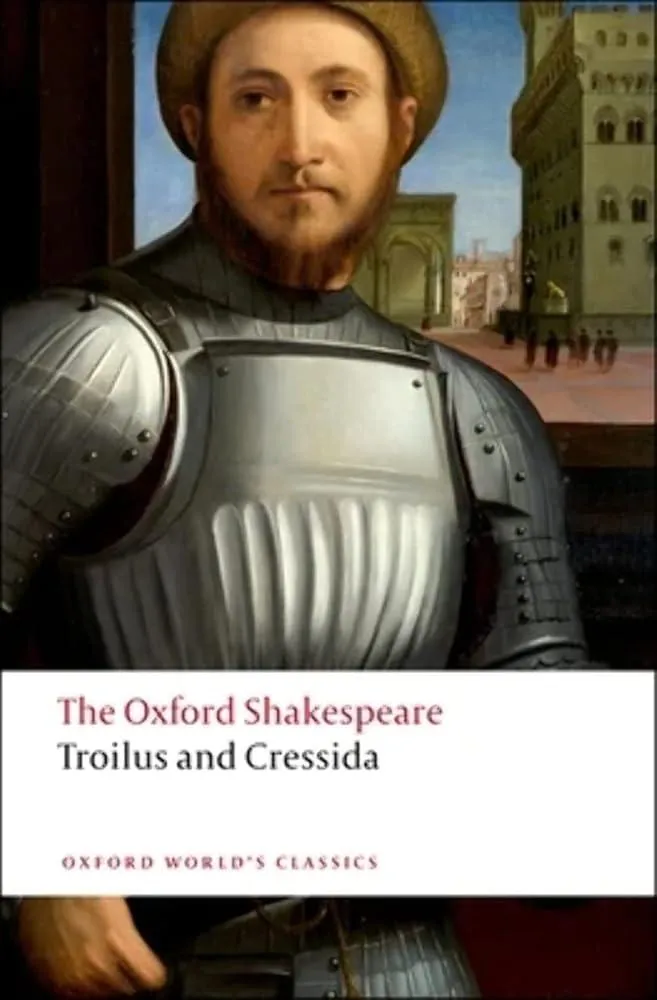Troilus and Cressida: The Oxford Shakespeare
(Author) William ShakespeareTroilus and Cressida is perhaps Shakespeare's most philosophical play, and its preoccupation with war, sex, and time has seemed peculiarly relevant since the First World War. Fine productions have demonstrated the play's theatrical power, and critics have explored and illuminated its ideas and its exceptionally complex language. Kenneth Muir, in his introduction, sets the play in its historical context, discusses its odd career in the theatre, examines Shakespeare's handling of his multiple sources, and assesses the contribution of interpretative criticism to a deeper understanding of this sombre examination of a fallen world.
William Shakespeare
William Shakespeare was an English playwright, poet, and actor, widely regarded as one of the greatest writers in the English language. He is known for his numerous plays and sonnets, which have had a profound impact on literature and theater. Some of his most notable works include "Romeo and Juliet," "Hamlet," "Macbeth," and "Othello." Shakespeare's writing is characterized by his use of intricate language, complex characters, and universal themes such as love, jealousy, power, and ambition. His works have been translated into every major language and are performed around the world to this day. Shakespeare's influence on literature, drama, and the English language is immeasurable, and his legacy continues to endure centuries after his death. His most famous work is arguably "Romeo and Juliet," a tragic love story that has become a timeless classic.


